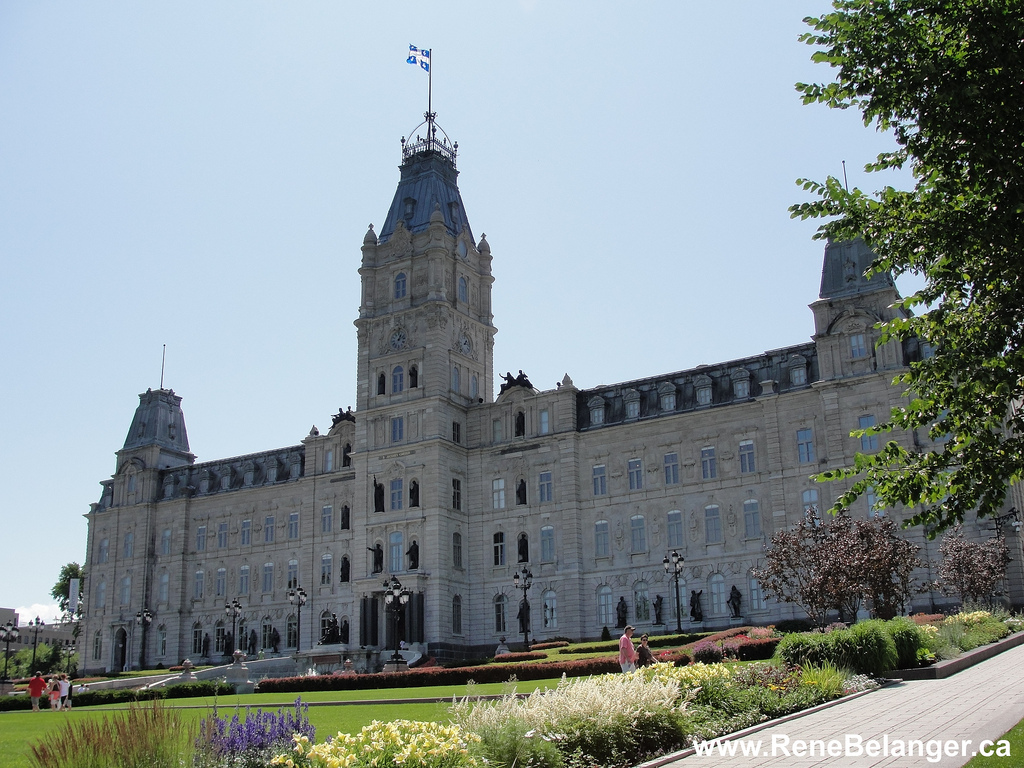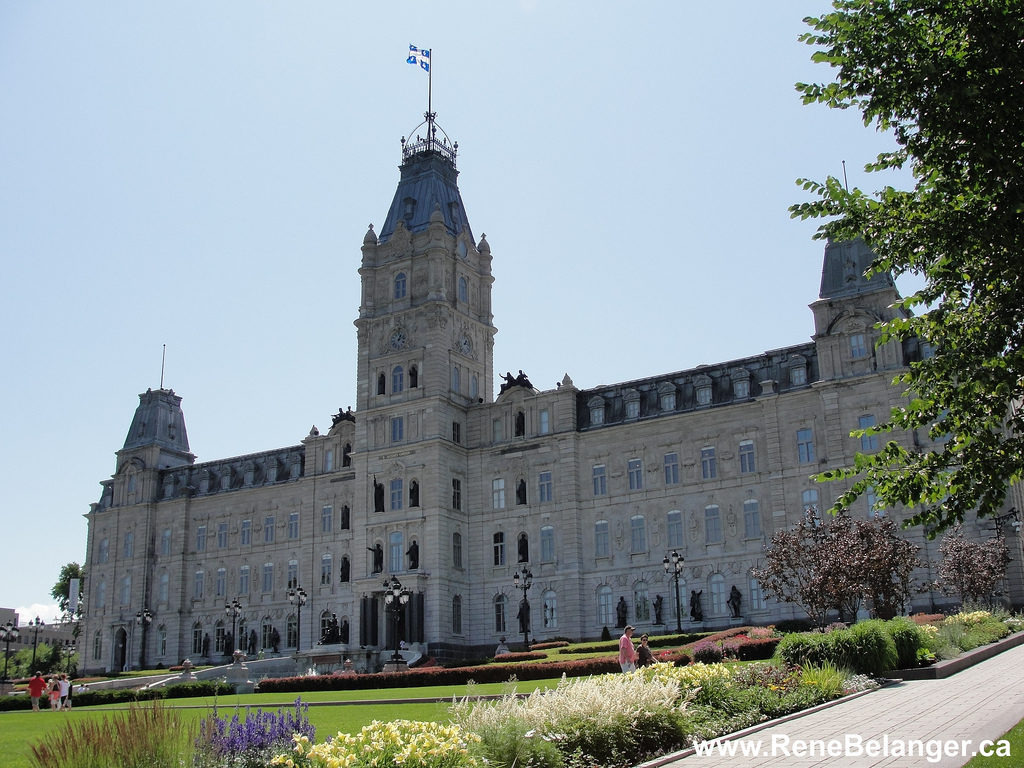Roadblock to Sovereignty: How Québec’s Separatist Parties May Defeat their own Objective
 The building housing l'Assemblée Nationale du Québec. https://flic.kr/p/qUm5E7
The building housing l'Assemblée Nationale du Québec. https://flic.kr/p/qUm5E7
Similar to previous seasons, this autumn has had more than its fair share of political controversy. Independence is currently the international community’s most hotbed issue. Two referendums on the issue in two different countries have captured eyes and ears around the world. Both Catalonians and Iraqi Kurds have caused a stir with their votes and, in the case of the former, have declared themselves independent (albeit somewhat ambiguously at first).
There is no doubt that all this talk of separatism has loomed heavily in the minds of Quebecers, who, just 22 years ago, rejected independence by an incredibly narrow margin. As of last year, though, most residents of La Belle Province, including almost three quarters of francophones, believe that Québec should remain in Canada, according to CBC. Does this mean that the Québécois sovereignty movement has fizzled? If you look to some of the political parties of the province, the answer you get would be a resounding “non!” However, deep divisions between these parties threaten to stop the separatist movement’s reinvigoration in its tracks.

While the Québec Liberals maintain a majority in the Assemblée Nationale, the official opposition is the Parti Québécois. The party is deeply separatist and advocates for stricter French language laws, including in immigration and education. However, the PQ can be seen as somewhat dated. Claims exist that the party is losing ground and will not fair well in the next provincial election. Yet, a threat to one pro-sovereignty party does not signify a threat to the whole movement. Indeed, there are more parties on the Québec political scene whose objective is a sovereign Québec.
One of the other separatist parties is Québec solidaire, a relatively new party with the potential to be a firebrand in the next provincial election next year. Within its platform the party declares that it is feminist, of the left, and in support of a sovereign Québec. For the past few months, Québec solidaire has been a sharp thorn in the side of PQ. In May, QS rejected, in no uncertain terms, a potential merger with the PQ. The leftist agenda of QS has drawn comparison to the policies espoused by charismatic leaders like Jean-Luc Mélenchon and Bernie Sanders, as The Globe and Mail notes. This should startle the PQ a bit; they may be losing important ground to QS.
Earlier in October, QS dealt another major blow to the unity of pro-sovereignty organizations in Québec. The party announced a tour of CÉGEPs and universities to promote Québec sovereignty. The tour is headed by QS spokespeople Gabriel Nadeau-Dubois and Manon Massé. What is shocking about this is that an umbrella group for separatist organizations, Organisations unies pour l’indépendence (OUI-Québec), was not informed of the tour. OUI itself is promoting a potential constituent assembly with the goal of forming a constitution for a sovereign province.
While the sovereignty movement is still alive in Québec, it has some hurdles to overcome, the first being electoral competition. Next year’s provincial elections could divide the movement along party lines. QS has the ability to appeal to youth and immigrants in the province. Their policies of equity and inclusion could bring in voters, especially in the Montréal area, and thus dig into PQ strongholds.
Ideology also could be dividing the movement. Both QS and the PQ voted against the controversial Bill 62. However, the PQ did so because they felt the law was not strong enough. If the sovereignty movement wants to hold a convention to draft a constitution, this will no doubt come into play. The platform of QS is categorically incompatible with anything resembling the controversial law. And the PQ is the party that introduced the controversial Charter of Values just a few years ago. The strong opposing sentiments on the matter do not bode well for the possibility of a constituent assembly, even if both parties are in favour of it.

Québec solidaire has the potential to reinvigorate the sovereignty movement, and is attempting to do so with its current tour. This should be something for the PQ to be excited about, but in order to achieve their mutual goal, the two parties will have to work closely together. Unfortunately, the base that QS is trying to reach is already wary of the PQ. This is unsurprising given the Charter of Values and other historic xenophobic incidences, including a comment from former leader Jacques Parizeau after the 1995 referendum partially blaming the defeat on the so-called “ethnic vote”.
On the other hand, a vast majority of Quebecers support Bill 62. This figure means that, in order to gain more support and credibility, QS will have to either compromise on the matter and betray its own platform, or convince hardliners on the other side of the issue to change their position.
Both options seem rather unlikely.
If these two separatist parties want a viable sovereignty option, they are going to have to make compromises. Based on their current stances that situation is far out of reach.
Mark LeBeau is a fourth year undergraduate student of Political Science at McGill University.
Edited by Marissa Fortune.
